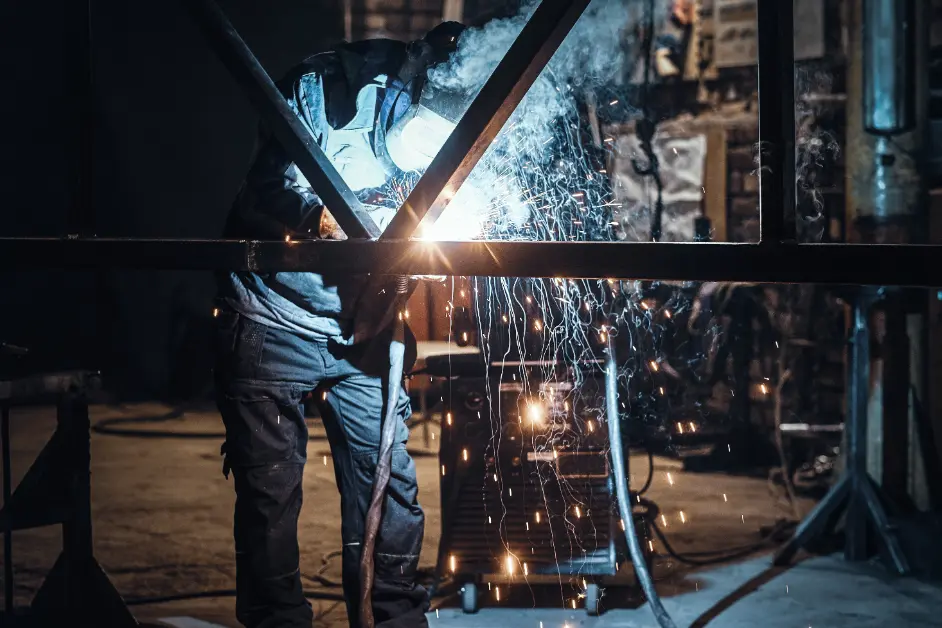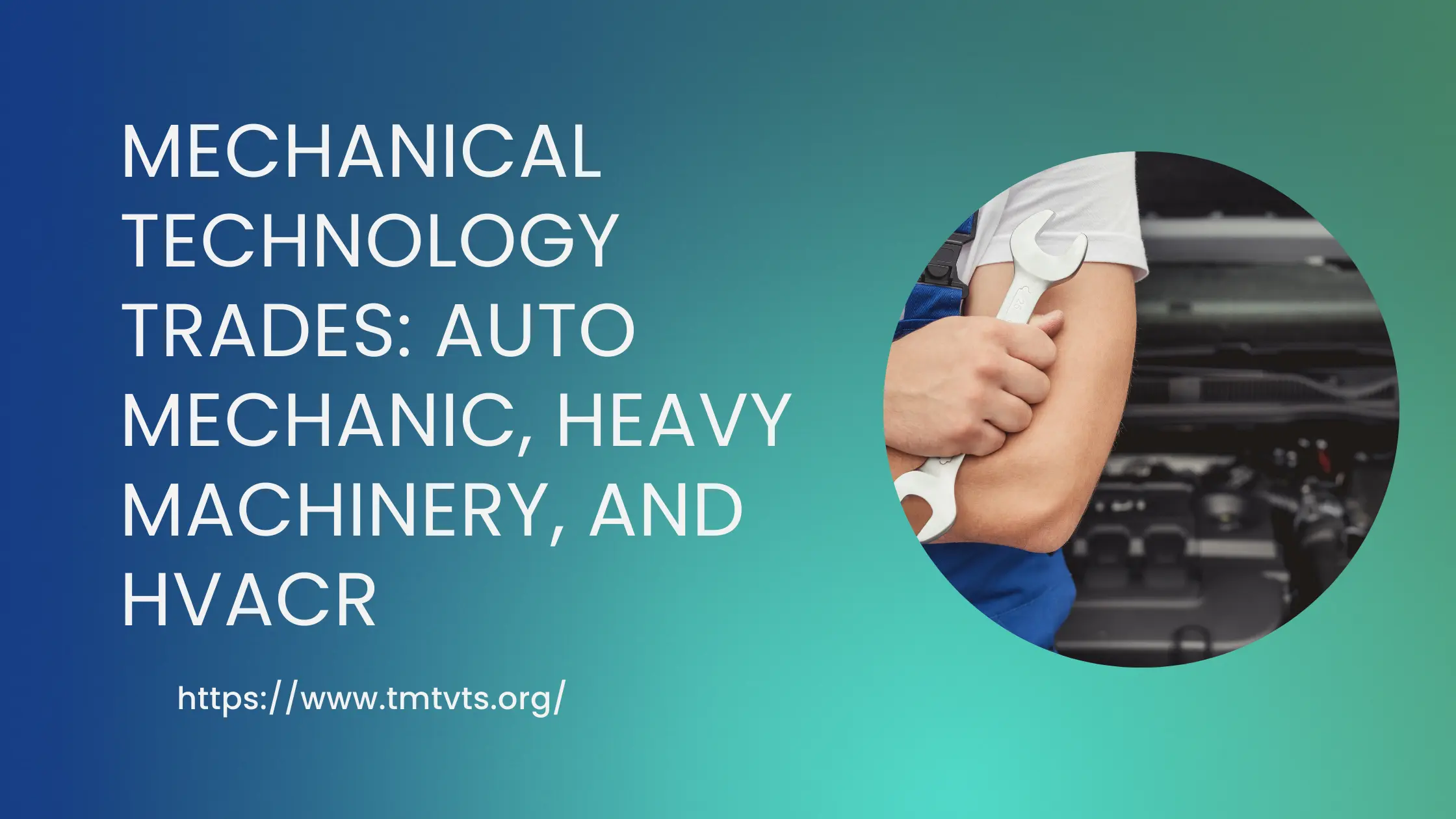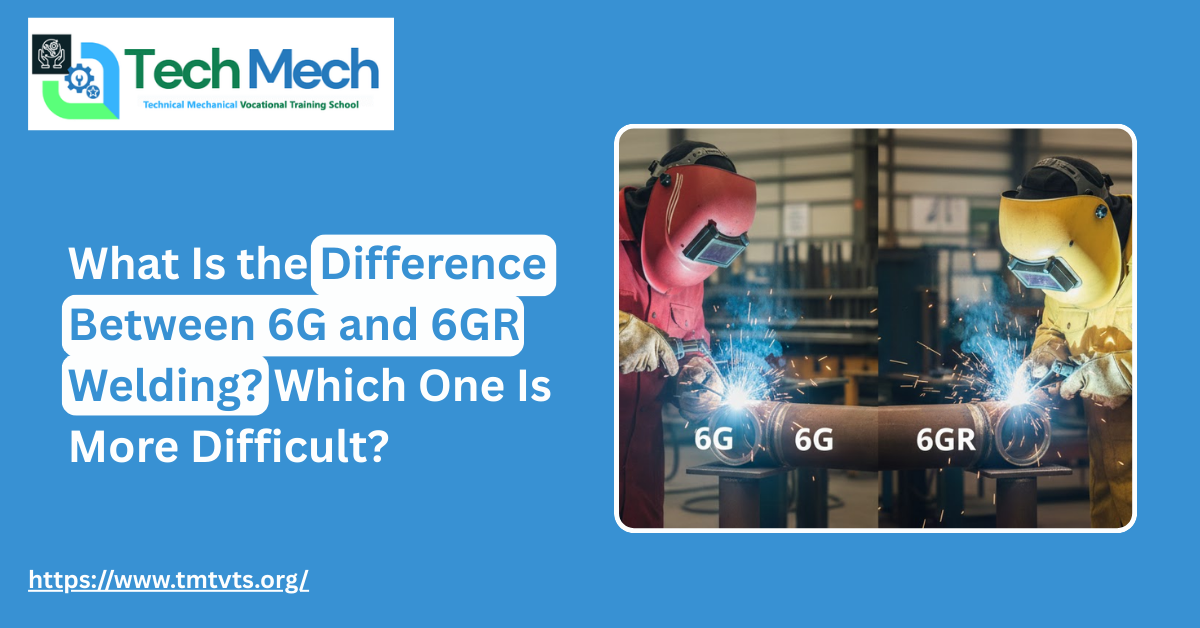Have you ever seen sparks flying as someone works with metal? That’s welding! Welding is a job where people use special tools to melt and join pieces of metal together. It’s a skill that takes training and practice. Once you learn how to do it well, you can become a certified welder—and that opens the door to many exciting jobs.
One of the best places in the world to find welding jobs is in the Gulf region. The Gulf includes countries like Saudi Arabia, the United Arab Emirates (UAE), Qatar, Kuwait, Oman, and Bahrain. These places are building big things like oil plants, ships, skyscrapers, bridges, and pipelines. And guess what? They all need skilled welders.
In this blog post, we’ll explore what welding is, what certified welders do, why the Gulf is a great place for welding jobs, and what kinds of careers are available there. Let’s jump in!
What is Welding?
Welding is the process of joining two pieces of metal together using heat. It’s like gluing things, but with fire and metal! There are different types of welding, such as:
MIG welding (uses a wire to melt and join metal)
TIG welding (uses a rod and requires more skill)
Stick welding (uses a stick-shaped electrode)
Welders wear helmets, gloves, and special clothes to protect themselves from sparks and heat.
Who is a Certified Welder?
A certified welder is someone who has learned how to weld through a training program and has passed a test to prove they can do it safely and properly. This certificate is often given by an organization like the American Welding Society (AWS) or another local group.
Having a certificate means companies trust you. It’s like having a gold star that says, “I know what I’m doing!”
Why is the Gulf Region Important for Welders?
The Gulf countries are always building. They are known for:
Oil and gas industries
Big construction projects
Shipbuilding and repair
Heavy machinery and factories
All these industries need metal parts that must be strong and safe. That’s why certified welders are in high demand in the Gulf.
Also, the Gulf countries often bring in workers from other places, like India, the Philippines, Nepal, Pakistan, and Africa, to help with these projects. They offer good pay, free accommodation, and transportation for skilled workers. For many welders, it’s a great chance to earn money and support their families.
Types of Welding Jobs in the Gulf
Let’s look at some welding jobs you can find in the Gulf:
1. Structural Welders
These welders work on buildings, bridges, and large metal structures. They make sure that everything is strong and safe. Structural welders are needed on construction sites all over the Gulf.
Where you can work: Skyscrapers in Dubai, stadiums in Qatar, bridges in Oman.
2. Pipe Welders
Pipe welders join pipes that carry oil, gas, or water. These pipes can be underground, under the sea, or inside factories. This is a very important and high-paying job because any mistake can lead to big problems.
Where you can work: Oil fields in Saudi Arabia, gas plants in Qatar, refineries in the UAE.
3. Underwater Welders
This is a super cool and risky job! Underwater welders fix pipes, ships, and oil rigs under the sea. You need special training in diving and welding.
Where you can work: Offshore oil rigs in the Persian Gulf.
4. Shipyard Welders
Shipyard welders build and repair ships. The Gulf countries have many ports where ships are made or fixed. These welders work on big vessels and sea structures.
Where you can work: Shipyards in Bahrain, UAE, and Oman.
5. Welding Inspectors
Once you have experience, you can become an inspector. Welding inspectors check the work of other welders and make sure everything is perfect and safe.
Where you can work: Any construction, oil, or industrial project in the Gulf.
6. Welding Instructors
If you enjoy teaching, you can train new welders. As a certified and experienced welder, you can work at training centers or institutes in the Gulf.
Where you can work: Technical colleges, private training centers, or government institutes.
How Much Can Welders Earn in the Gulf?
Welders in the Gulf earn more than in many other countries, especially if they are skilled and certified. Here’s a rough idea:
Entry-level welders: $500–$900 per month
Experienced welders: $1,000–$2,000 per month
Specialists (underwater or pipe welders): $2,500 or more
Welding inspectors: $3,000 or more
Note: Many companies also give free food, housing, transport, and sometimes even plane tickets!
What Skills Do You Need?
To be successful as a welder in the Gulf, you need more than just welding. You also need:
Basic English (to read safety signs and instructions)
Physical strength (welding is tough work!)
Good eyesight and focus
Safety knowledge
Teamwork and patience
Also, you need to be willing to work in hot weather, as many Gulf countries are very warm, especially in summer.
How to Become a Certified Welder for Gulf Jobs
If you want to work in the Gulf as a certified welder, here’s what you need to do:
Step 1: Get Trained
Join a welding school or training center in your country. Learn the basics of welding and get hands-on practice.
Step 2: Get Certified
Take a certification test through a trusted organization like:
AWS (American Welding Society)
TWI (The Welding Institute, UK)
ISO Welding Standards
Some Gulf countries also accept certifications from local technical boards.
Step 3: Gain Experience
Work on projects in your country to gain at least 1-2 years of experience. Experience makes you more valuable.
Step 4: Apply for Jobs
You can find welding jobs in the Gulf through:
Recruitment agencies
Online job websites (like GulfTalent, Naukrigulf, Indeed)
Company websites (oil companies, construction firms)
Job fairs
Final Tips for Welders Wanting to Work in the Gulf
Keep your certificate updated.
Practice safety at all times.
Be ready to travel and stay away from home for long periods.
Learn basic Arabic or English for better communication.
Stay healthy and strong—you’ll need the energy!
Conclusion
Welding is more than just a job—it’s a skill that builds the world. And if you’re a certified welder, the Gulf is full of opportunities. From oil fields to skyscrapers, from ships to underwater jobs, welders are always in demand.
With good training, a certificate, and a strong work ethic, you can find a rewarding career in the Gulf. Not only will you earn well, but you’ll also be part of big, exciting projects that change the world.
So, if you enjoy working with your hands and building things, welding might be the perfect path for you. The sparks might fly—but so can your dreams!
Contact us at TMTVTS Tech Mech technical training school in Pakistan to get enroll in advanced welding training course.





